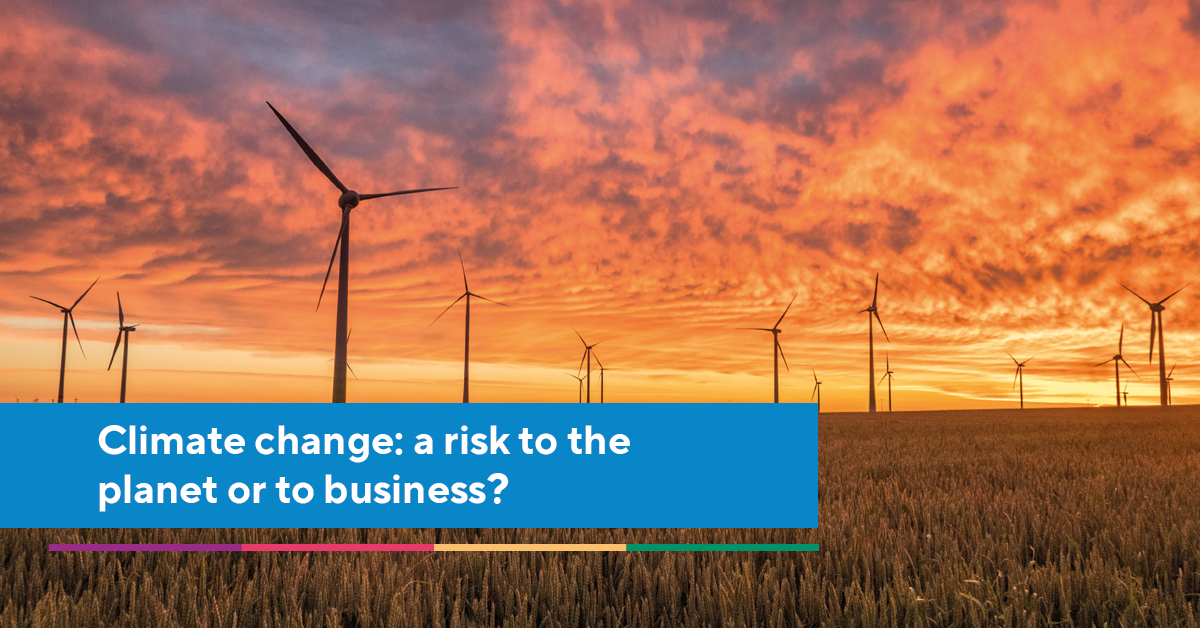Led by increasingly conscious consumer choices, more and more retailers and brands are committing to reducing their environmental impact. But it is not enough to just have a goal to make positive social changes and ensure product ethics and compliance. Businesses need to commit to transformative change and innovation across their supply chains. But to survive in this ever-changing world of ESG, are companies all on a level playing field?
How difficult is it for businesses to achieve genuine supply chain sustainability?
Businesses are having to transform the way they operate and manufacture products to reduce carbon emissions and mitigate other environmental and social impacts within their supply chain. But for many businesses, gathering the data required to measure any tangible progress made towards their ESG commitments can seem an overwhelming task. The breadth and depth of sustainability combined with the complexity of having a large product portfolio and supply base are just a couple of examples of why many companies are hesitant to open that door. But without doing so, it is increasingly difficult to substantiate product claims or meet stakeholder expectations.
How supplier collaboration helps to achieve sustainability targets
It goes without saying that a sustainable future requires a shift in focus to reducing our environmental impact, prioritising adaptation over running lean operations, and collaborating wherever possible. Supplier collaboration in particular plays a key role in hitting your sustainability goals. By working closely with your suppliers on environmental and social issues of material importance to your brand will enable you to comply with changing regulations, mitigate risk, and achieve higher ESG standards.
This is where Supply Pilot takes all the heavy lifting off your shoulders by delivering high-impact projects quickly with over 80% participation and response rates from suppliers (compared to the industry average of 10-25%). We collect accurate data from which you can see the tangible progress made towards your brand goals. We also offer a knowledge base of resources on the issues that are important to your business. This accelerates your suppliers’ sustainability journeys and simultaneously aligns them to your brand mission and values.
Managing supplier data doesn’t have to cause a headache
The need to collect, measure, and manage accurate ESG data is not going away. Managing such data manually by spreadsheets is not going to cut it and is not scalable for large product portfolios and supply bases. The businesses which will thrive are those who have access to a single view of the progress they are making towards targets, can identify key areas of focus, produce comprehensive reports, and substantiate product claims with accurate data.
Where to start with supply chain sustainability
We recognise that for many, this can seem like ‘too much too soon’ and there can be a lot of uncertainty about where to start. It can be tempting to delay making decisions to start navigating supply chain sustainability. But engaging suppliers to develop an understanding of which environmental and social issues are affected by your supply chain is a crucial first step on your journey. Let us help you accelerate that journey and take the first step to understanding your key materially important issues via our Kickstarter Assessment.



